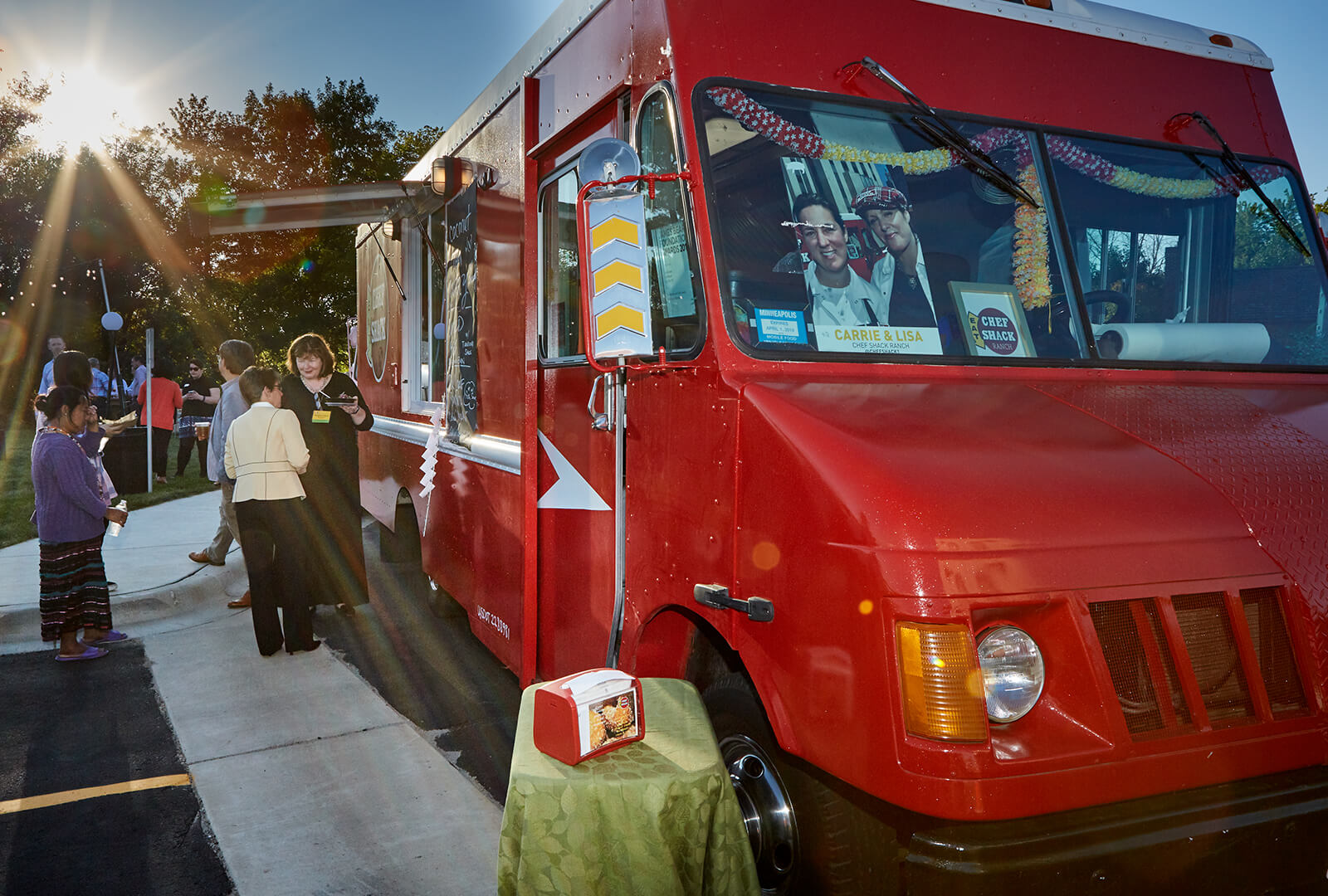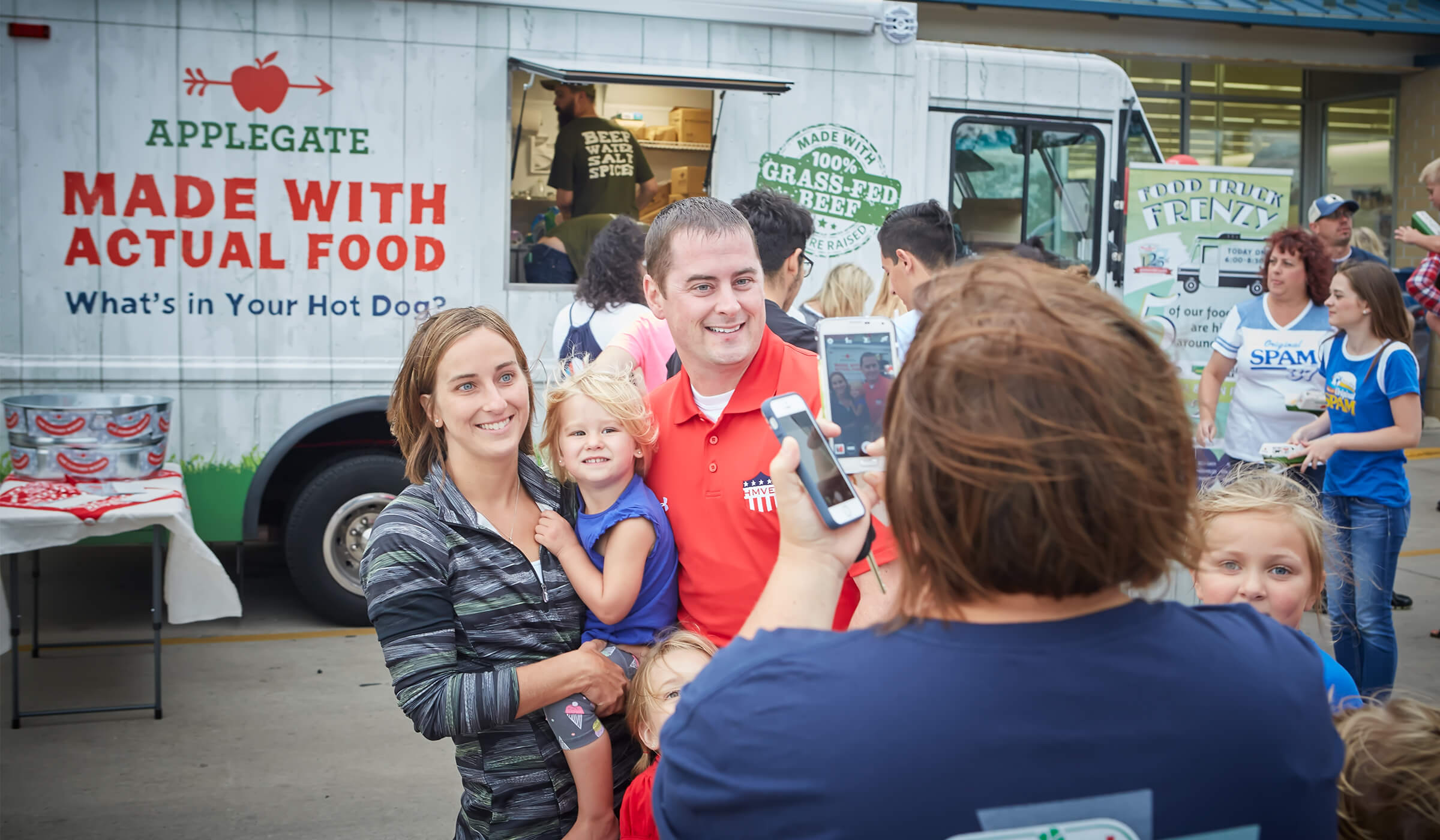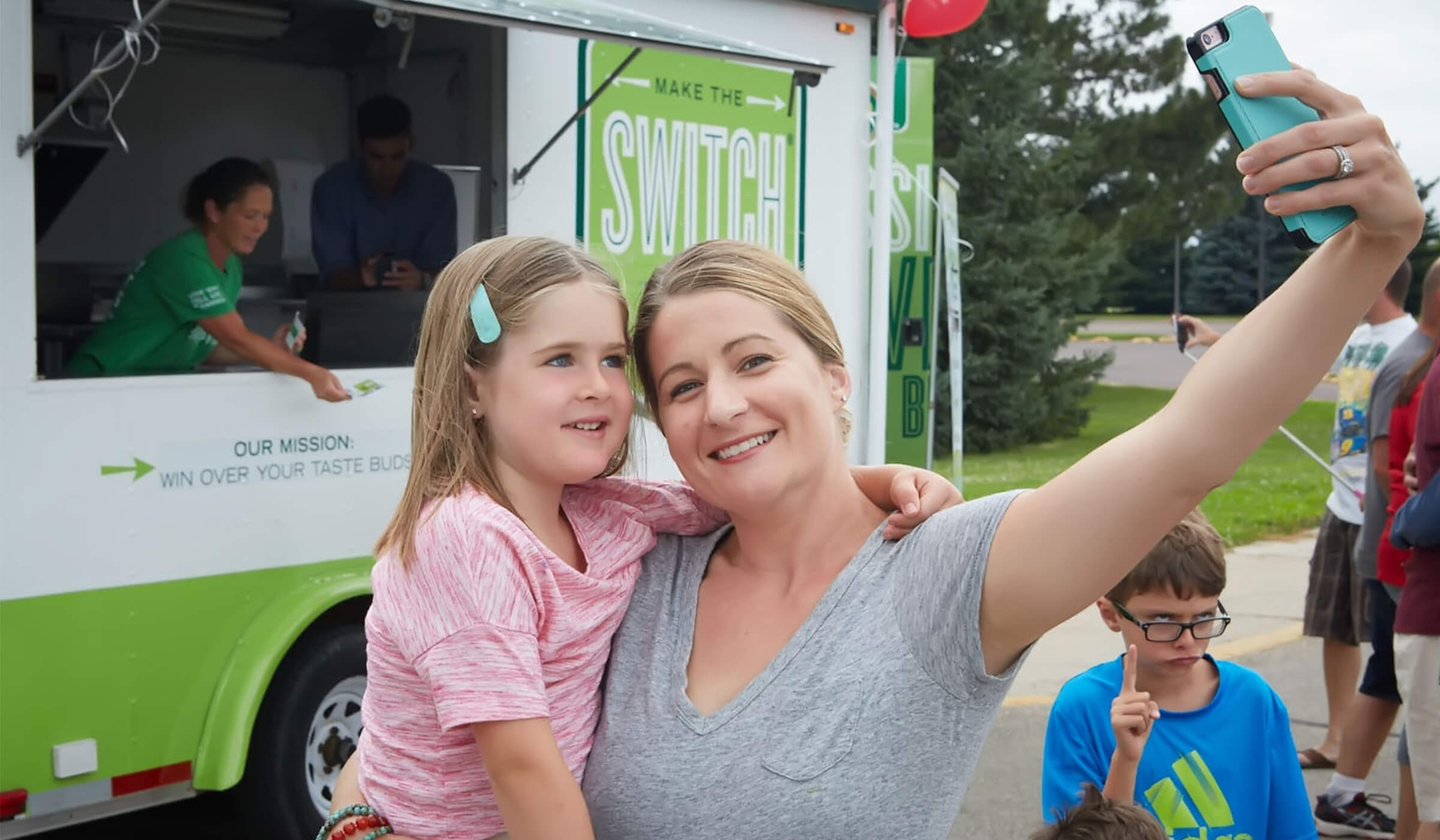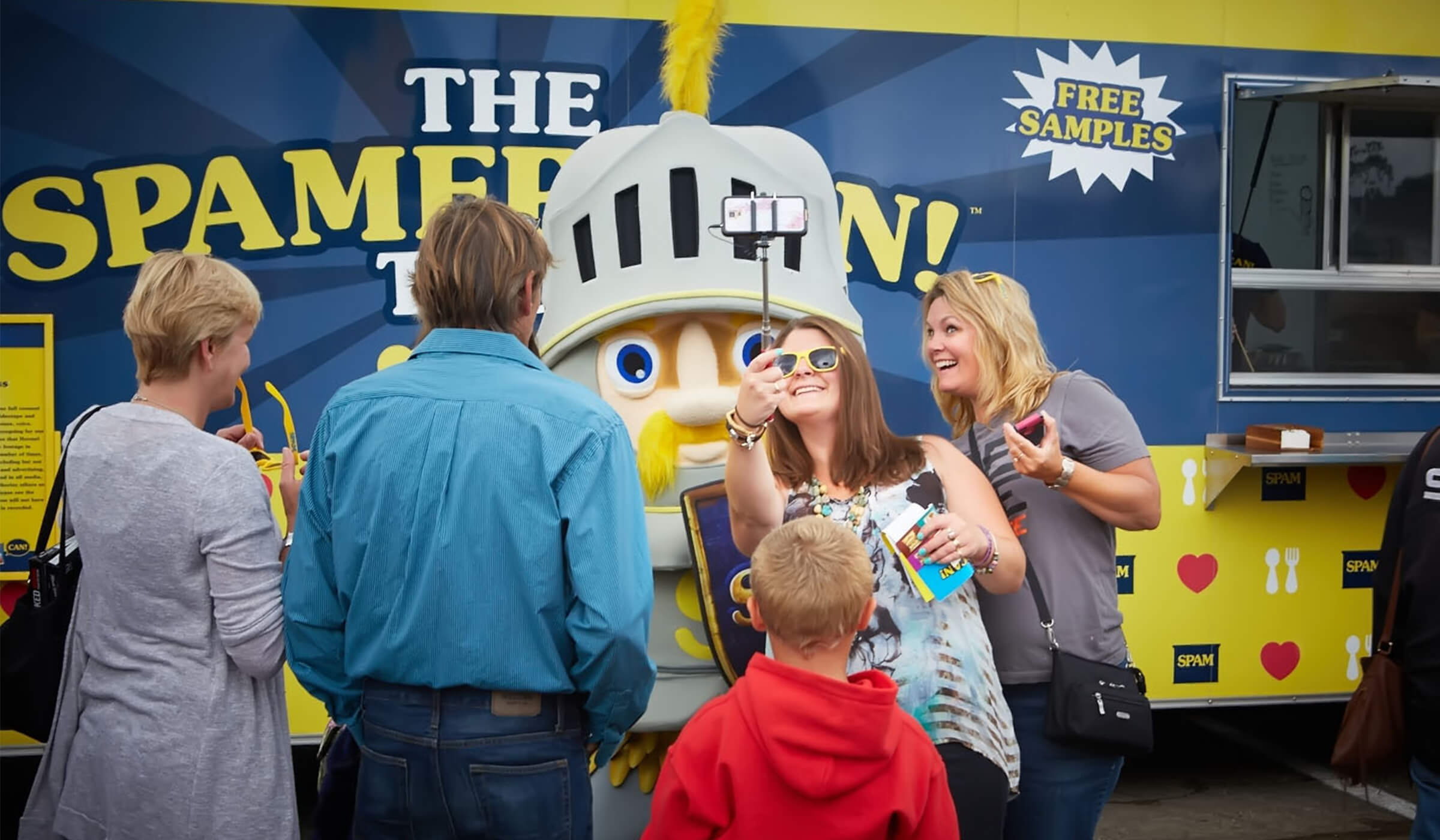Ask any chef about the food truck movement, and you’ll likely hear the name Roy Choi. In 2008, Choi opened Kogi, a shabby but scrumptious taco truck in Los Angeles, which is basically considered the first gourmet food truck known — and worshipped — by the masses. Choi’s empire has since exploded. His list of accomplishments in the 10 years since Kogi was founded is extensive. He was named Food & Wine’s best new chef and made Time’s 100 Most Influential People list, under the pioneers section.
It’s not unheard of for a chef to move from a table-and-chair restaurant to a food truck by choice. Take John McConnell, for example. The executive chef at the Clif Family Winery’s Bruschetteria Food Truck in Napa Valley, Calif., was the former chef de cuisine for the Michelin-star-rated Campton Place Restaurant, Bistro & Bar in San Francisco. Yes, you heard that right, a chef who used to head a Michelin- starred venue now spends his days working out of a food truck.
Other cultural factors pushed the food truck scene forward, too. The Food Network premiered “The Great Food Truck Race” TV series; Zagat gave food trucks their own category; the movie “Chef,” starring Jon Favreau, tells the story of a disheartened chef who reclaims his culinary visions via a groovy food truck. The cultural momentum goes on and on.




